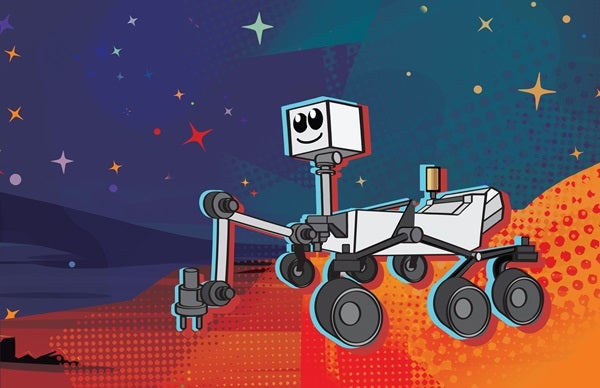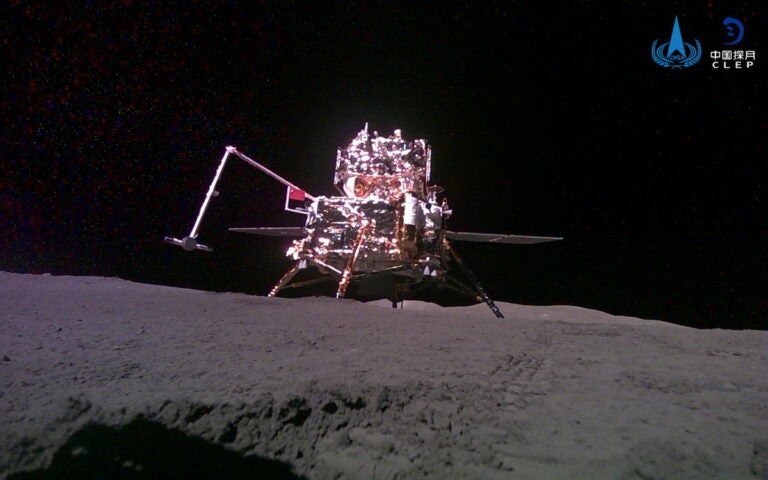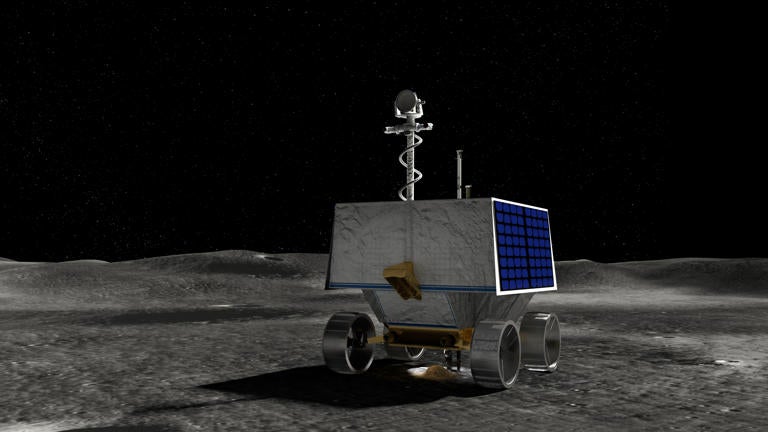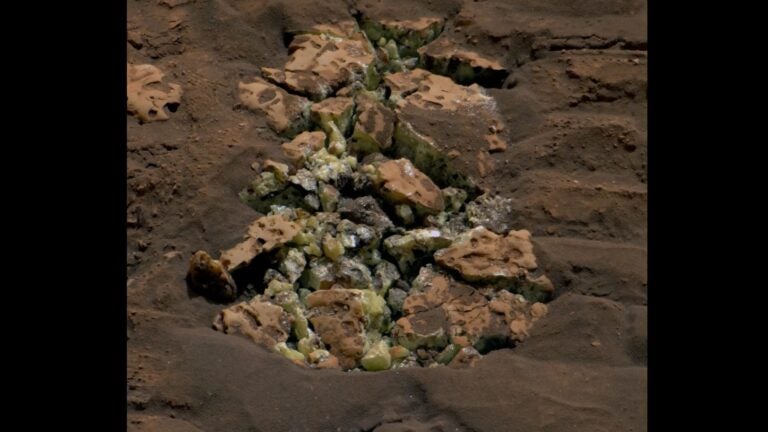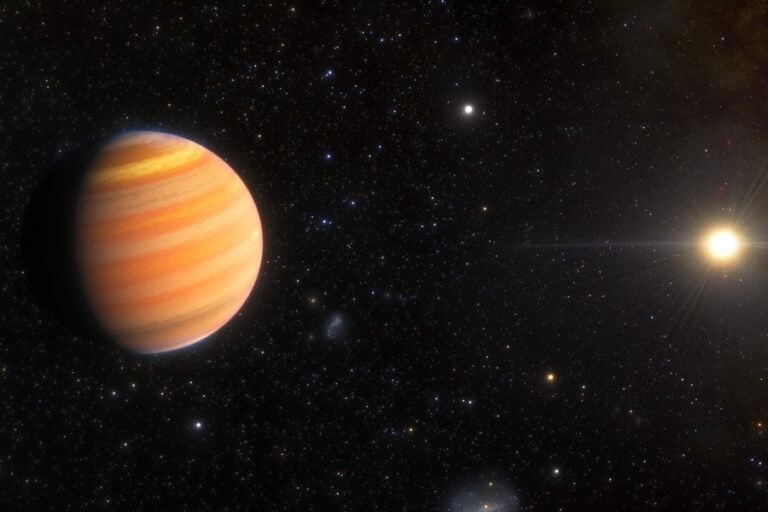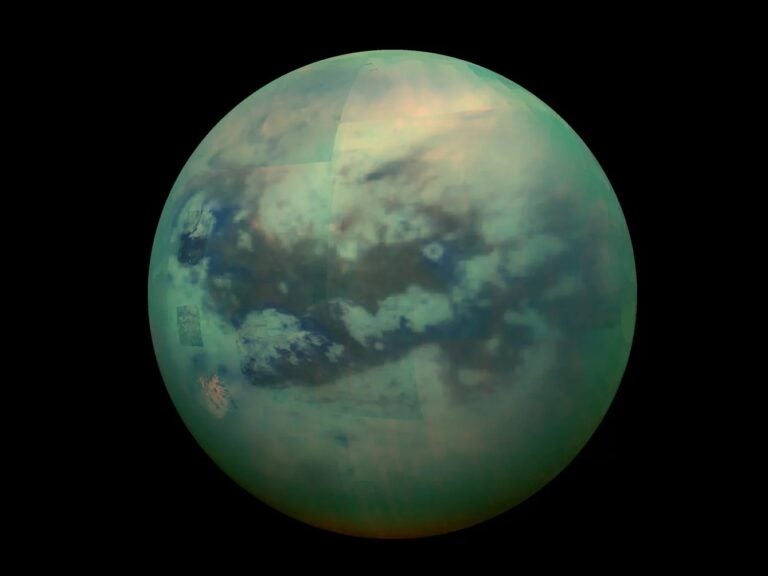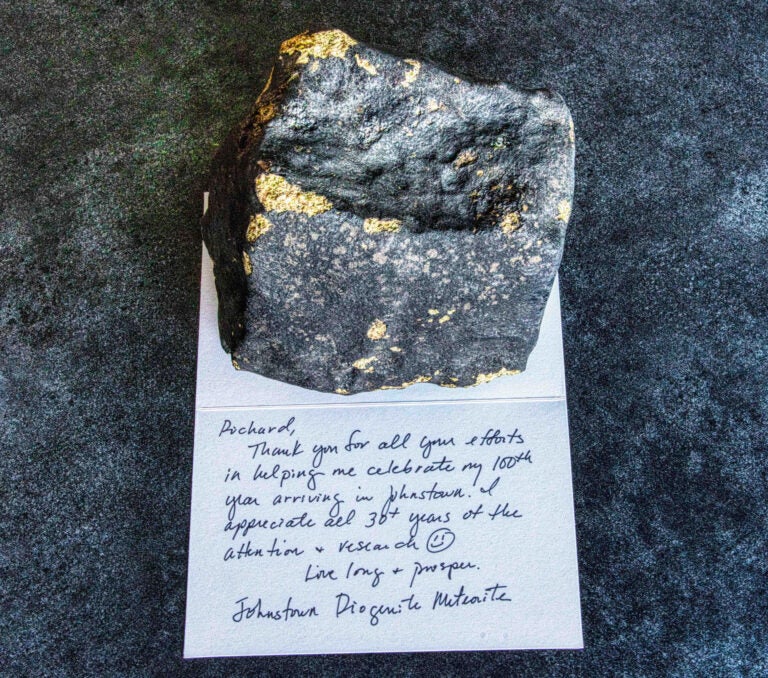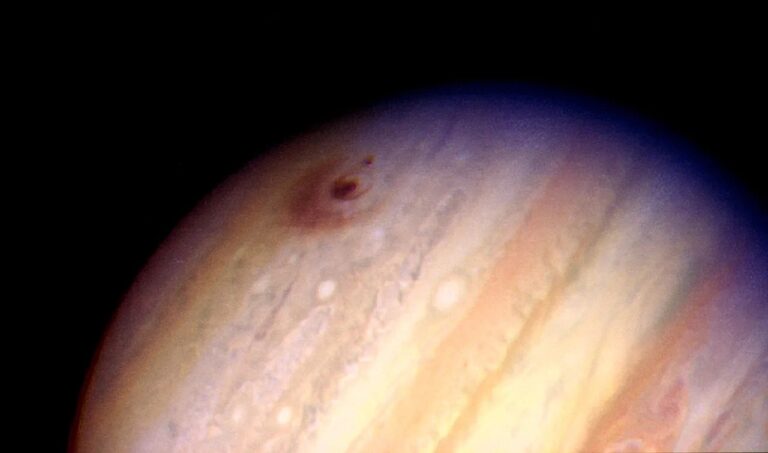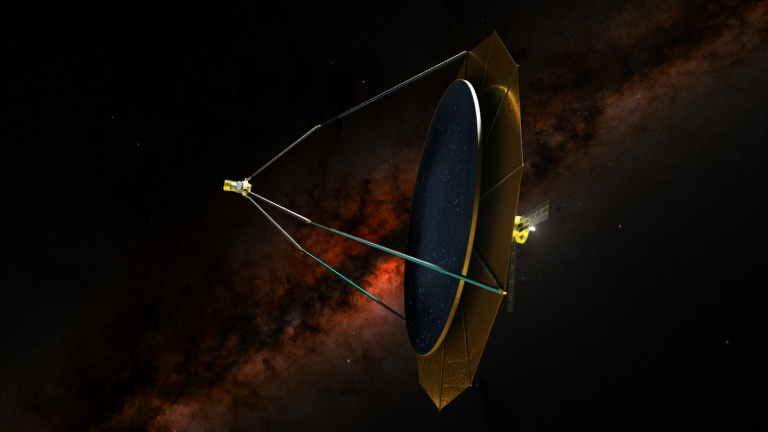U.S. students in grades K through 12 are eligible to enter their ideas in the “Name the Rover” contest. Individual students, with their teachers’ assistance, will submit their ideas through a 150-word essay. The nomination should showcase how the name is original and fitting for the rover.

Bringing the universe to your door. We’re excited to announce Astronomy magazine’s new Space and Beyond subscription box – a quarterly adventure, curated with an astronomy-themed collection in every box. Learn More >>.
The space agency says its goal with the competition is to get students interested and excited about STEM subjects. The competition encourages students to learn about Mars, past rovers, and the upcoming missions planned for the Red Planet.
Students can submit their essays until November 1. The entries will be separated based off grade levels, K to 4, 5 to 8, and 9 to 12. After all the essays are submitted, judges will go through and narrow down the entries before the public is allowed to vote in January. The winner will be announced on February 18, 2020, exactly one year before the rover is expected to touch down on Mars.
The “Name the Rover” contest winner will be invited, along with their family, to watch the rover launch in July 2020 at Kennedy Space Center. The overall winner will also have their submitted name considered for the 2020 Mars rover, however, NASA is not obligated to choose the name that won.
The Mars 2020 rover will explore conditions on Mars, searching for any sign of past microbial life, and gathering information about challenges humans could possibly face living on the planet in the future.

